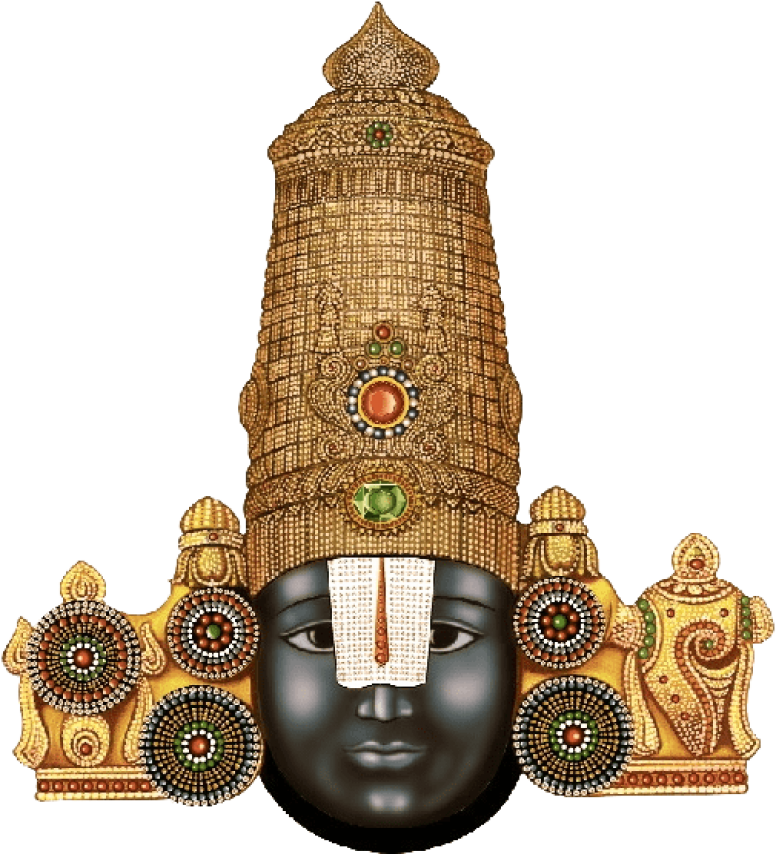Architecture
Perumal temples often exhibit intricate architectural styles, with prominent features such as gopurams (towering gateways), mandapams (pillared halls), and sanctums housing the deity’s idol. The architecture varies across regions
Location
Perumal temples are primarily found in South India, particularly in the state of Tamil Nadu. However, they can also be found in other parts of India and around the world wherever there is a significant Tamil or South Indian diaspora.
Deity
The central deity of Perumal temples is Lord Perumal, a form of Lord Vishnu. He is often depicted with four arms holding a conch (shankha), a discus (chakra), a mace (gada), and a lotus flower (padma). The deity is usually enshrined in the sanctum sanctorum of the temple.
Rituals and Festivals
Perumal temples conduct various rituals and festivals according to the traditions prescribed in Hindu scriptures. temples celebrate annual festivals like Vaikunta Ekadashi, Rama Navami, and Krishna Janmashtami with great pomp and splendor.
Significance
Perumal temples hold immense religious and cultural significance for devotees. They serve as important centers for worship, meditation, and community gatherings. Devotees visit these temples to seek blessings, offer prayers, and participate in religious activities.
History
Each Perumal temple has its own unique history, mythology, and legends associated with its establishment. Many of these temples have ancient origins and have undergone renovations and expansions over the centuries.
Focus on Lord Perumal
Perumal temples are dedicated specifically to Lord Perumal, who is a form of Lord Vishnu. Devotees visit these temples to offer prayers, seek blessings, and connect with the divine presence of Lord Perumal.
Sacred Festivals
Perumal temples celebrate a variety of festivals throughout the year, each with its own significance and rituals. These festivals often attract large gatherings of devotees who participate in religious processions, cultural performances, and special prayers dedicated to Lord Perumal.
Prasadam Distribution
Like many Hindu temples, Perumal temples distribute prasadam (sanctified food) to devotees as a form of divine blessing. Prasadam typically includes sweets, fruits, and other vegetarian dishes offered to the deity during worship ceremonies.
Vaishnavite Traditions
Perumal temples follow the Vaishnavite tradition, which emphasizes devotion to Lord Vishnu and his avatars. Rituals and practices in these temples are based on the teachings of Vaishnavism, including festivals like Vaikunta Ekadashi and Rama Navami.
